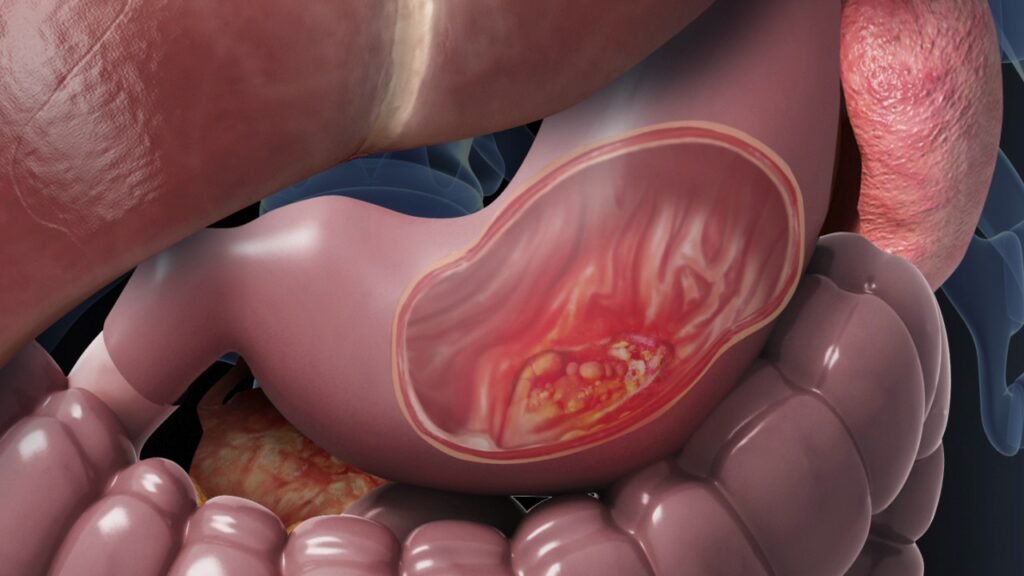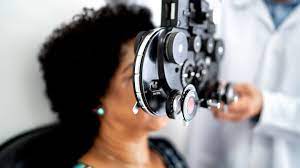In today’s fast-paced world, understanding the risks associated with various health conditions is crucial, especially when it comes to cancer. Among the diverse population of the United States, Asian Americans face unique challenges in terms of health risks, including a higher susceptibility to certain types of cancer. In this comprehensive guide, we delve into the 6 Cancers That Affect Asian Americans the Most, offering insights into the causes, prevention strategies, and early detection measures for each of these cancers. By arming yourself with knowledge and proactive habits, you can take charge of your health and reduce the risk of these cancers.
6 Cancers That Affect Asian Americans the Most

1. Gastric Cancer: Unveiling the Stomach’s Silent Threat
Gastric cancer, commonly referred to as stomach cancer, is a formidable adversary. It tends to manifest silently, with symptoms often appearing in later stages. Asian Americans are at a higher risk due to dietary habits and genetic predispositions. A diet rich in pickled and smoked foods, combined with a family history of the disease, can elevate the risk. Regular screenings and adopting a balanced diet can play a pivotal role in early detection and prevention.

2. Liver Cancer: Confronting a Growing Concern
Liver cancer is a significant health concern for Asian Americans. Chronic hepatitis B infection, prevalent among Asians, substantially increases the risk of liver cancer. Regular screenings, vaccination against hepatitis B, and minimizing alcohol consumption can help mitigate this risk. Embracing a healthy lifestyle, including maintaining a healthy weight and avoiding smoking, can also contribute to prevention.
3. Thyroid Cancer: Navigating the Nuances
Thyroid cancer affects the thyroid gland, which regulates crucial bodily functions. Asian American women, in particular, face a higher risk. While genetics might contribute, exposure to excessive dietary iodine—common in some Asian diets—could also play a role. Regular self-examinations, consulting an endocrinologist, and adopting an iodine-balanced diet are recommended preventive measures.
4. Colorectal Cancer: Taking Control of Your Colon Health
Colorectal cancer can impact both the colon and rectum. Asian Americans, influenced by dietary habits and genetic factors, face an increased risk. Consuming a diet high in red and processed meats, smoking, and lack of physical activity are risk factors to be mindful of. Screening tests, such as colonoscopies, along with a fiber-rich diet and regular exercise, can aid in prevention.
5. Lung Cancer: Shattering Myths, Prioritizing Health
Lung cancer remains a prevalent concern, often associated with smoking. However, Asian Americans who have never smoked can also develop lung cancer due to genetic factors and exposure to environmental pollutants. Avoiding tobacco, adopting a clean indoor environment, and seeking medical attention for persistent respiratory symptoms are essential for early detection and management.
6. Nasopharyngeal Cancer: Understanding a Unique Threat
Nasopharyngeal cancer originates in the nasopharynx, the upper part of the throat behind the nose. Asian Americans, particularly those of Chinese descent, are at a higher risk due to genetic factors and the Epstein-Barr virus. Regular screenings, especially for high-risk groups, and reducing exposure to known risk factors can aid in the prevention of this cancer.
FAQs
Q: Is cancer more prevalent in Asian Americans?
A: Certain types of cancer, including gastric, liver, thyroid, colorectal, lung, and nasopharyngeal cancer, have higher incidence rates among Asian Americans.
Q: What can I do to reduce my risk of these cancers?
A: Adopting a balanced diet, avoiding tobacco and excessive alcohol consumption, staying physically active, and seeking regular screenings are crucial steps in reducing your risk.
Q: Can genetic factors influence cancer risk?
A: Yes, genetics can play a role in some cancers. However, lifestyle factors such as diet and exposure to environmental factors also significantly contribute.
Q: Are there specific screening tests recommended for these cancers?
A: Yes, screening tests like colonoscopies, liver function tests, and thyroid ultrasounds can aid in early detection and prevention. Consult your healthcare provider for personalized recommendations.
Q: Can non-smokers develop lung cancer?
A: Yes, lung cancer can develop in non-smokers due to genetic predisposition and exposure to environmental pollutants like radon and asbestos.
Q: What is the Epstein-Barr virus, and how does it relate to cancer?
A: The Epstein-Barr virus is associated with nasopharyngeal cancer, particularly among individuals of Chinese descent. It’s crucial to reduce exposure and seek regular screenings if you’re at a higher risk.
Conclusion
Empowerment through knowledge is the first step in combating the risks of cancer that affect Asian Americans. By understanding the unique challenges posed by these cancers and implementing preventive measures, you can proactively safeguard your health. Remember, early detection, healthy lifestyle choices, and regular screenings are your best allies in the fight against cancer.








